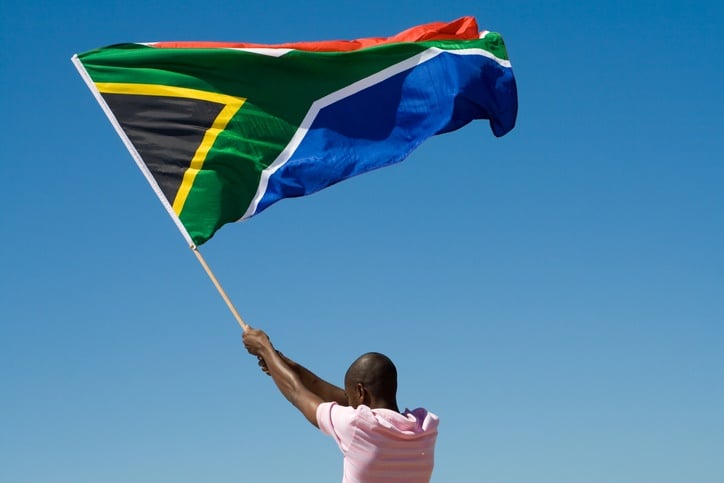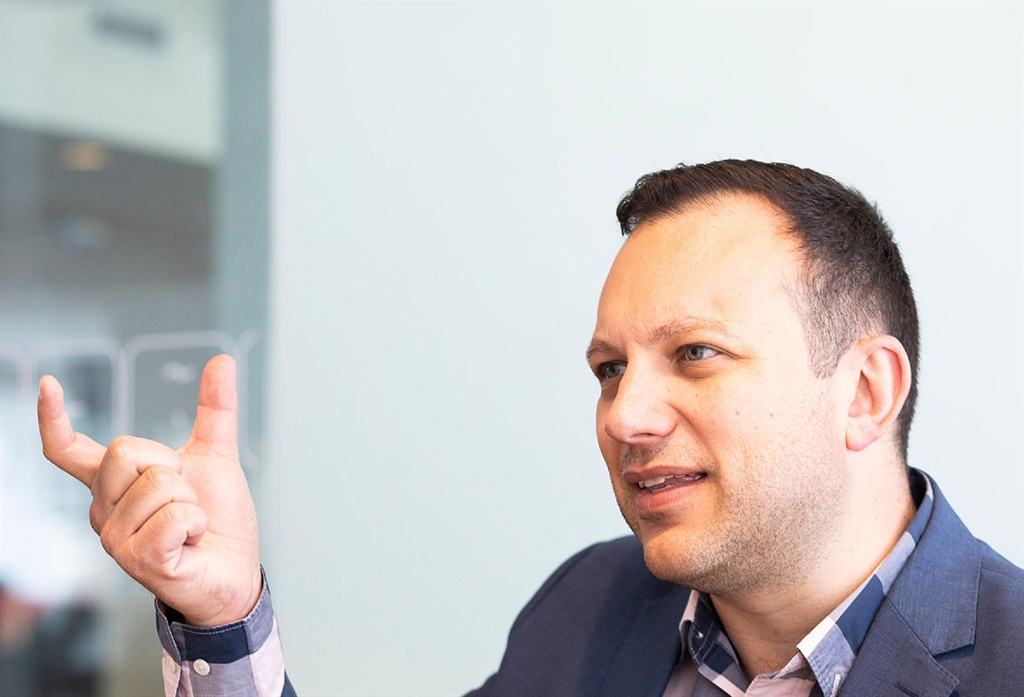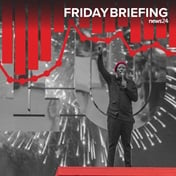
We reassessed our hierarchy of needs, and survival always outweighs the rest. To be blunt, we would rather have load shedding than risk dying, writes Adriaan Basson.
We are living our world war without a single shot having been fired - bar the unacceptable levels of police and soldier brutality on our streets.
The Covid-19 crisis has accentuated our societal, economic and political fault lines.
Before the crisis hit, we had an unemployment rate of 29%. With the latest projections from National Treasury, this could shoot up to over 50%.
The concomitant consequences of the virus and the lockdown are fundamentally changing our fortunes.
The economy has all but come to a standstill.
Mines and airlines are closing. Hotels and factories are shutting their doors. Our own media industry has been gutted by the crippling lack of advertising revenue.
I know that fundamental change is afoot, but the extent thereof is still unknown.
Not a day goes by that I don't worry about the future of South Africa - for my children and for each and every one of the 58 million of us that make up "the people".
As a child, I was taught to follow my dreams. It was a privilege I only acknowledged in my adult life - the freedom to chase your dream.
Millions of South Africans don't have that freedom; never had. They have been swept along by the cruel winds of history since the Dutch set foot in the Cape in 1652.
My son wants to be a spaceman. He is five.
After I read his bedtime story to him, we dream about living in space. He is fascinated by the idea of life in another universe; thrilled by the possibility of space travel.
He asks me what he should do to become an astronaut. I take full advantage of the question to tell him about the importance of education.
"You need to listen carefully at school, my son, do your homework and make sure you read a lot of books. If you do very well at school and university, you could go to America to work at Nasa."
He doesn't need to know what Nasa stands for.
That answer was good enough for him. It's his dream, for now.
I still read my son his bedtime story, but since 5 March, 2020, things haven't been the same.
On that day, the Big C-word entered the borders of South Africa. The virus was here. The fear had arrived.
"Things will never be the same," we are told. "There will be no more normal," we hear every day. And: "We shouldn't want to go back to the way things were."
I am scared about what lies ahead for us, as humans, on this planet we have so thoroughly destroyed over the past 100 years.
As much as I would love to dream about a new tomorrow and the possibility of a more equal and fairer world order, a silent revolution is brewing inside me.
The number of projected deaths and job losses leaves me breathless. I have nightmares about lifeless bodies outside overburdened hospitals and millions of children without food.
And, while the economists and physicians are debating the length of lockdowns and the accuracy of statistical models, we all have to live with the creeping fear of the unknown future.
Will we be able to provide for our children and their dreams? What will be the effect of millions more unemployed people on our welfare system? How many people will die of Covid-19 and could we be more at risk because of the prevalence of HIV and TB?
Make no mistake, things were already looking bleak for President Cyril Ramaphosa when he took over the presidency from Jacob Zuma in February 2018.
Economic growth was creeping closer to zero and a decade of state capture had emptied the fiscus from its much-needed buffer against a black swan like this.
You have to feel for Ramaphosa.
After two years of strife to consolidate his power in the ANC, and to fire the chief enablers of state capture in Cabinet and at the parastatals, he was ready to implement structural reforms, chiefly at Eskom and with cuts to the public sector wage bill.
In his budget speech in February, Finance Minister Tito Mboweni announced that the wage bill had to be cut to balance the books. Talks at Nedlac were at an advanced stage when the coronavirus hit.
For the past two months, there has been no other story than the virus. Eskom has been given a breather to consider the promised unbundling of the power utility and the National Prosecuting Authority will enjoy the "break" to finalise its state capture dockets.
We reassessed our hierarchy of needs, and survival always outweighs the rest. To be blunt, we would rather have load shedding than risk dying.
We have all locked-up and are following the strange new rules of this strange time in history.
Thinking about the future and what tomorrow may bring, I often feel like the Greek philosopher Socrates, who according to Plato said, "I know that I know nothing".
We don't yet know what the full impact of Covid-19 will be on the South African population and our health system. We don't know when our curve will peak.
We don't know whether we will be an Italy or a Germany. We don't know when a vaccine will be ready and if it will immediately be available in Africa.
In a time like this, full of uncertainty and fear, I hold onto the things I know.
That we are stronger together. That we are a caring nation and that millions of South Africans are currently helping out a hungry sister, neighbour or homeless person in need.
That we are innovative and entrepreneurial and that we will rise from the ashes to rebuild our businesses and jobs, like we have done before.
That we are a resilient and determined people, who are programmed to overcome adversity.
Every night at 20:00, I go outside to hear my neighbours clap, cheer and blow their vuvuzelas for our doctors and nurses.
I look up at the stars and choose to hope.
- Adriaan Basson is Editor-in-Chief of News24 and author of Blessed by Bosasa: Inside Gavin Watson's state capture cult.




 Publications
Publications
 Partners
Partners


























